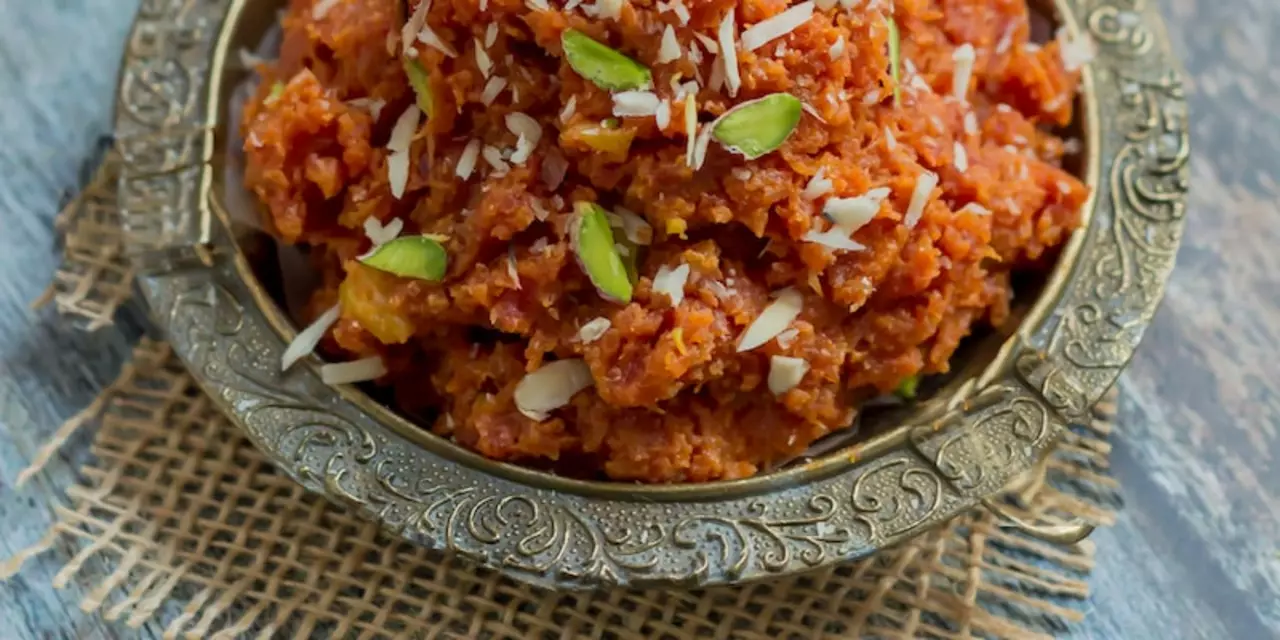Foreigners in India: Real Stories, Tips & Insights
Moving to a new country can feel like stepping into a movie set – bright, confusing, and full of surprises. If you’re a foreigner thinking about calling India home, you’re not alone. Thousands join the bustling streets, spice markets and tech hubs every year, and most end up loving the chaos more than they expected.
In this guide we’ll share real anecdotes from people who swapped their hometowns for Delhi, Bangalore, Chennai and beyond. We’ll also break down the everyday stuff that trips people up – from figuring out the metro system to mastering the art of ordering food without a language barrier.
Why More Foreigners Choose India
First off, the cost of living is a major draw. A single‑room apartment in a mid‑city area often costs less than half of what you’d pay in many Western capitals. Add a cheap street‑food lunch – you could eat a full meal for under $2 – and the budget stretch feels amazing.
Career opportunities play a big part too. Tech giants, startups and multinational firms set up hubs in cities like Hyderabad and Pune, offering salaries that can go far thanks to the low everyday expenses. Plus, the work culture blends traditional respect with a youthful, flexible vibe.
But it isn’t just money and jobs. India’s cultural richness – festivals, music, regional cuisines – creates a daily adventure. Many foreigners say that celebrating Holi or Diwali with locals gave them a sense of belonging they hadn’t felt elsewhere.
Practical Tips for Living in India
Transport: Grab a ride‑share app like Uber or Ola for the first few weeks. It helps you learn routes without getting lost. Once you’re comfortable, try the local bus or metro; it’s cheaper and gives you a real feel of the city’s pulse.
Language: English works in most urban areas, but learning a few Hindi or regional phrases can earn you smiles and better service. Simple greetings like “Namaste” or “Shukriya” go a long way.
Health: Drink bottled or filtered water, and keep a small first‑aid kit with basic meds. Many foreigners rely on private clinics for quick visits; they’re usually English‑friendly and cost‑effective.
Social Life: Join expat groups on Meetup or Facebook. They host everything from cricket matches to cooking classes, making it easy to meet people who share your interests.
Lastly, keep an open mind. The slower pace in some towns, the traffic jams, and the occasional bureaucratic hurdle are part of the experience. Embrace them, ask questions, and you’ll find that life in India can be rewarding beyond what any brochure promises.
Ready to pack your bags? Dive into the stories below, pick up the tips that fit your style, and start your Indian adventure with confidence.
